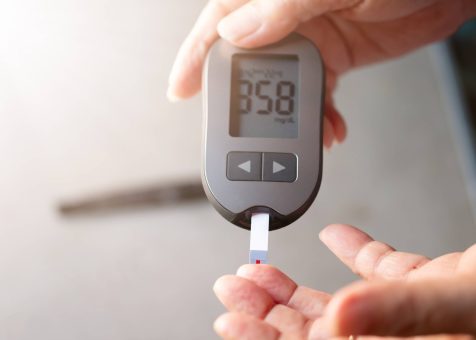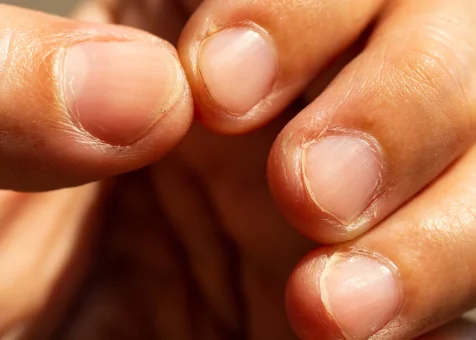Health Supplements USA
Buy Supplements | Probiotic Supplements | Health Supplements
What are Health Supplements?
Health supplements act as specialized aides for your body, available in various forms such as capsules, powders, and even chewable gummies. These aids encompass vitamins, minerals, herbs, and other beneficial substances that purportedly enhance your well-being. Yet, like any intervention, they possess both advantageous and detrimental aspects.
Let’s delve into the positive attributes first. Many health supplements genuinely offer benefits. They may bolster overall health or mitigate the likelihood of falling ill. In certain cases, healthcare professionals recommend them to individuals requiring additional support in maintaining wellness or those experiencing nutritional deficiencies.
Nevertheless, not all health supplements are devoid of risk. Some may induce adverse effects, such as harm to organs or nerves. They aren’t miraculous panaceas and can provoke side effects akin to conventional medications.
Health supplements complement the nutrients obtained from dietary sources. They manifest in diverse forms, ranging from pills to powders, and even extend to beverages like coffee or confections. Common examples include vitamins C and D, fish oil, and probiotics.
But why do people opt for them?
At times, our bodies necessitate supplementary assistance. Whether due to insufficient intake of certain nutrients or hindered absorption caused by a medical condition, supplements can intervene and provide the necessary boost.
In essence, health supplements serve as supplementary aides for the body. While they can offer benefits, they also entail risks. Hence, it’s imperative to utilize them judiciously and seek guidance from a healthcare provider if uncertain.
Benefits of Taking Health Supplements
Health supplements act as supportive allies for your body, providing additional nutrients that your regular diet may not supply in sufficient quantities. These nutrients are essential for maintaining robust health and vitality. Some supplements are recommended by healthcare professionals to address specific health concerns, such as iron deficiency or weakened bones. They are particularly beneficial for individuals who have dietary restrictions or difficulty absorbing nutrients. Moreover, certain supplements can bolster your immune system and decrease susceptibility to illness. Let’s delve into the benefits of health supplements:
- Nutrient Enhancement: Health supplements serve as a nutritional top-up, offering vital nutrients that may be lacking in your daily meals.
- Enhances Overall Well-being: Regular intake of supplements can contribute to an improved sense of well-being and ensure the efficient functioning of your body.
- Reduces Health Risks: Some supplements can diminish the risk of developing certain health conditions. For example, iron supplements can be instrumental in combating iron deficiency anemia.
- Endorsed by Healthcare Providers: Healthcare professionals may recommend supplements based on your individual needs. For instance, pregnant women might be advised to take additional vitamins to support maternal and fetal health.
- Customized to Individual Requirements: Supplements can be tailored to address specific deficiencies or health concerns. They offer a personalized approach to nutrition.
- Supports Special Diets: For individuals following specialized diets that may lack essential nutrients, supplements can bridge the nutritional gaps.
- Addresses Nutritional Gaps: Even with a balanced diet, you may still experience deficiencies in certain nutrients. Supplements can help rectify these deficiencies.
- Beneficial for Aging Individuals: Aging bodies may struggle to absorb nutrients efficiently from food. Supplements become crucial in ensuring adequate nutrient intake for elderly individuals.
- Provides Targeted Health Benefits: Various supplements offer specific health advantages:
- Folic acid reduces the risk of fetal development issues.
- Omega-3 fatty acids support cardiovascular health.
- Calcium and vitamin D maintain bone strength.
- Vitamins A, C, and E promote eye health.
- Antioxidant-rich herbs combat harmful substances in the body.
- Probiotics aid digestion and bolster the immune system.
- Magnesium enhances sleep quality and supports digestive health.
In essence, health supplements play a valuable role in fortifying your body’s natural defenses and promoting overall wellness.





